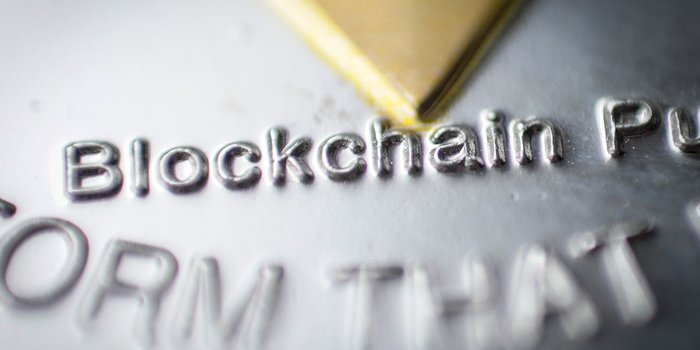Data has become the lifeblood of business, but companies of all sizes are limited when it comes to what information they can acquire and from whom they can acquire it. Amazon and few other behemoths have cornered the market when it comes to acquiring and selling data. But what if acquiring data was more like visiting an open-air bazaar? If small businesses can share data with one another directly, they can make a wider variety of it available at a lower cost, provided there are privacy mechanisms in place when it comes to how the information is used. For example, acquiring data through Facebook or Google generally means a business can get some user information, but not critical business information like email addresses and phone numbers. Direct data commerce means smaller businesses can get more types of trusted information at a lower cost, and then better target their promotions and advertisements. A buyer should be able to submit a query in a blockchain-enabled environment and get back information on which businesses have the type of data they want. This way, the seller could make use of email addresses of customers without making that information available to anyone else, hence protecting privacy. Consumer benefit. Blockchain will bring transparency and trust to online transactions, but its influence will likely be far more disruptive than that.

Opinions expressed by Entrepreneur contributors are their own.
Businesses that embrace modern digital technologies see significantly higher growth margins than those that are slow to adopt them. But while large companies like Microsoft and IBM are already applying blockchain to their infrastructures, small businesses are lagging when it comes to implementing the technology.
Data has become the lifeblood of business, but companies of all sizes are limited when it comes to what information they can acquire and from whom they can acquire it. Businesses looking to add customers typically have to earmark funds to get data from third-party vendors like Facebook or Amazon — and this is on top of the money they already spend for advertising campaigns.
Amazon and few other behemoths have cornered the market when it comes to acquiring and selling data. Everything from shopping habits to political leanings to health concerns of their users is information the buyer can trust.
However, blockchain stands to revolutionize this process by making data trustworthy all on its own. The distributed ledger offers full transparency, so buyers and sellers can see the source of any information, and whether it has been tampered with. Ultimately, this means internet giants will no longer be the only trusted source for data and small businesses can now begin to reap the benefits.
Cutting out the middleman.
Acquiring data today is akin to shopping at a big box store like Walmart. The seller is big and has the final say on what inventory will be available and at what price. But what if acquiring data was more like visiting an open-air bazaar? Since data can be trusted thanks to blockchain, the “big-box model” is now in jeopardy. Theoretically, any…

COMMENTS